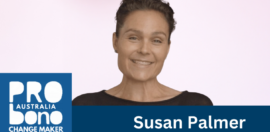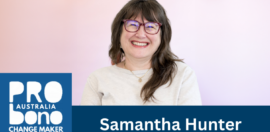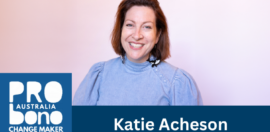Welfare Peak Claims SA Worst Hit By GST Increases
23 July 2015 at 10:32 am
New figures released by the South Australian Council of Social Service show that increasing or broadening the base of the GST would impact South Australian households more than the rest of the country.
The claim comes as State Premiers are meeting with Prime Minister Tony Abbott in Canberra to discuss issues around health funding and tax reform at the Council of Australian Governments (COAG) meeting.
SACOSS said figures, based on modelling done by the National Centre for Social and Economic Modelling (NATSEM) at the University of Canberra, show that broadening the base of the GST to include fresh food, education, health, financial services and other commodities would increase GST for the average SA household by $36 per week.
“Such a broader-based GST would result in a 42 per cent increase in GST payments for low income households, while the highest income households would pay only 37 per cent more,” SACOSS Executive Director, Ross Womersley, said.
“The impact of a broader-based GST on South Australian households would be about 0.3 percentage points higher than the rest of country because fresh food, financial services and other currently exempt commodities form a larger share of SA’s household expenditure than the national average.
Womersley said alternatively increasing the rate of GST to 15 per cent would add $48 per week in GST for the average South Australian household.
“We absolutely agree that we need a fair and adequate tax regime to fund the vital services we want as a community, but the figures we released today show that there are real problems with simply relying on increasing and/or expanding the GST,” Womersley said.
“We tried tweaking what commodities the GST might apply to, but whatever changes we tried, it still impacted more on low income households.
"We also considered possible compensation, but there are problems with compensation packages. What is clear is the GST should not be seen as a simple panacea for addressing revenue issues and therefore debate about tax reform should definitely not be limited to the GST.
“We need a healthy tax debate that explores other reform measures including land taxes, superannuation tax breaks, capital gains tax, negative gearing, wealth and “sin” taxes, and other areas of taxation.
“If we want a fair society where everyone is included and has access to good services, we need a fair and sustainable tax base.”
Earlier this week, New South Wales peak welfare body NCOSS said changes to the GST should not be a priority.
According to its own research the Council of Social Service of NSW found that 86 per cent of low to middle income families in NSW are concerned about a potential rise in the GST, and 89 per cent are concerned about potentially applying the GST to food.
The findings – from a survey of low to middle income families conducted by Essential Media Communications and Research Now – are detailed in NCOSS’ annual Cost of Living Report 2015 which was released earlier this month.
NCOSS Deputy CEO, John Mikelsons, said more low to middle income families were now struggling.
“We know that it is essential that State Governments can raise the revenue they need to pay for the services that everyone relies on. We support sensible tax reform that secures the revenue our governments need to pay for these quality services,” Mikelsons said.
“But at a time when almost 1 in 7 children in NSW are experiencing poverty, and low to middle income families are struggling to meet the rising cost of living, increases to regressive taxes like the GST are the last place we should look for revenue – not the first.”
Download the SACOSS GST Fact Sheet.







